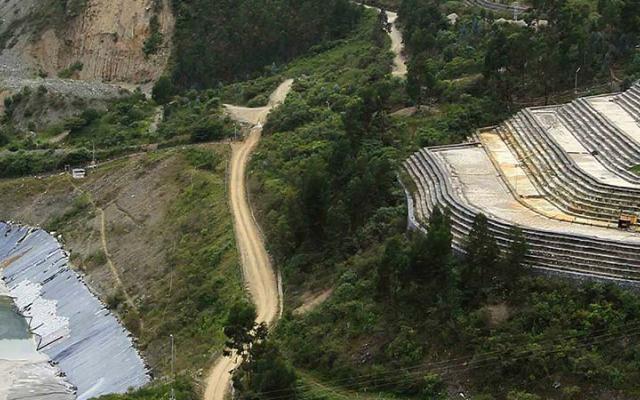Industrial Policy
Industrial policies are central to accelerating technical progress and orienting it towards sustainability goals. Especially in Latin America and the Caribbean (LAC), these policies are necessary to close historical development gaps by promoting productive diversification and employment and disconnecting growth from the emission of greenhouse gases or polluting substances and the irresponsible use of natural resources. Consequently, industrial policy, with all its instruments forms an essential topical area for the cooperation between ECLAC and Germany and is considered by the partners of this alliance as an integral part of a sustainable development model in line with the 2030 Agenda for Sustainable Development.
In the project "Inclusive, Sustainable and Smart Cities" for example, the partners ECLAC and the german cooperation collaborated for the generation of various tools supporting the planning, management and estimation of the demand for connectivity in the cities of the region so as to guide the regional industry regarding the market potential for sustainable mobility solutions. In its module 2022-2024, the industrial policy dimensions for urban connectivity will continue to be worked on to pilot the tools developed in cities in the region and incorporate aspects of circular economy.
The project "Recover Better: Overcoming the consequences of the COVID-19 pandemic in LAC", promotes the development and implementation of innovative industrial policy initiatives and support for production sectors, in collaboration with members of selected countries. These initiatives, for example, on innovation in bioeconomy and sustainable tourism, will generate proposals for innovation and technological development, competition policy, market regulation and investment incentives. The aim is to incorporate technology, creating more resilient jobs and driving greater productivity and competitiveness. Likewise, the project facilitates a smooth exchange with experts in social and fiscal policy and, like the other projects with the german cooperation, it makes room for dialogue and collaboration with organizations in Germany, Europe and other regions. These activities become best practices and an example of a transformative recovery that can be replicated in other countries and sectors.
Related Projects
- El proyecto Ciudades Inteligentes, Inclusivas y Sostenibles tiene por objetivo mejorar las bases técnicas e institucionales de la CEPAL y países miembros seleccionados para promover el desarrollo…
- The COVID-19 pandemic has caused one of the worst health, economic and social crises in Latin America and the Caribbean in its most recent history, the most vulnerable population being the most…
- In the field of the mining sector, the current reality is characterized by a situation of multiple challenges, such as fiscal, regulatory, macroeconomic, social, environmental and public investment.…



